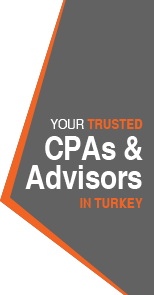The Dark Side of Anonymous Shell Companies
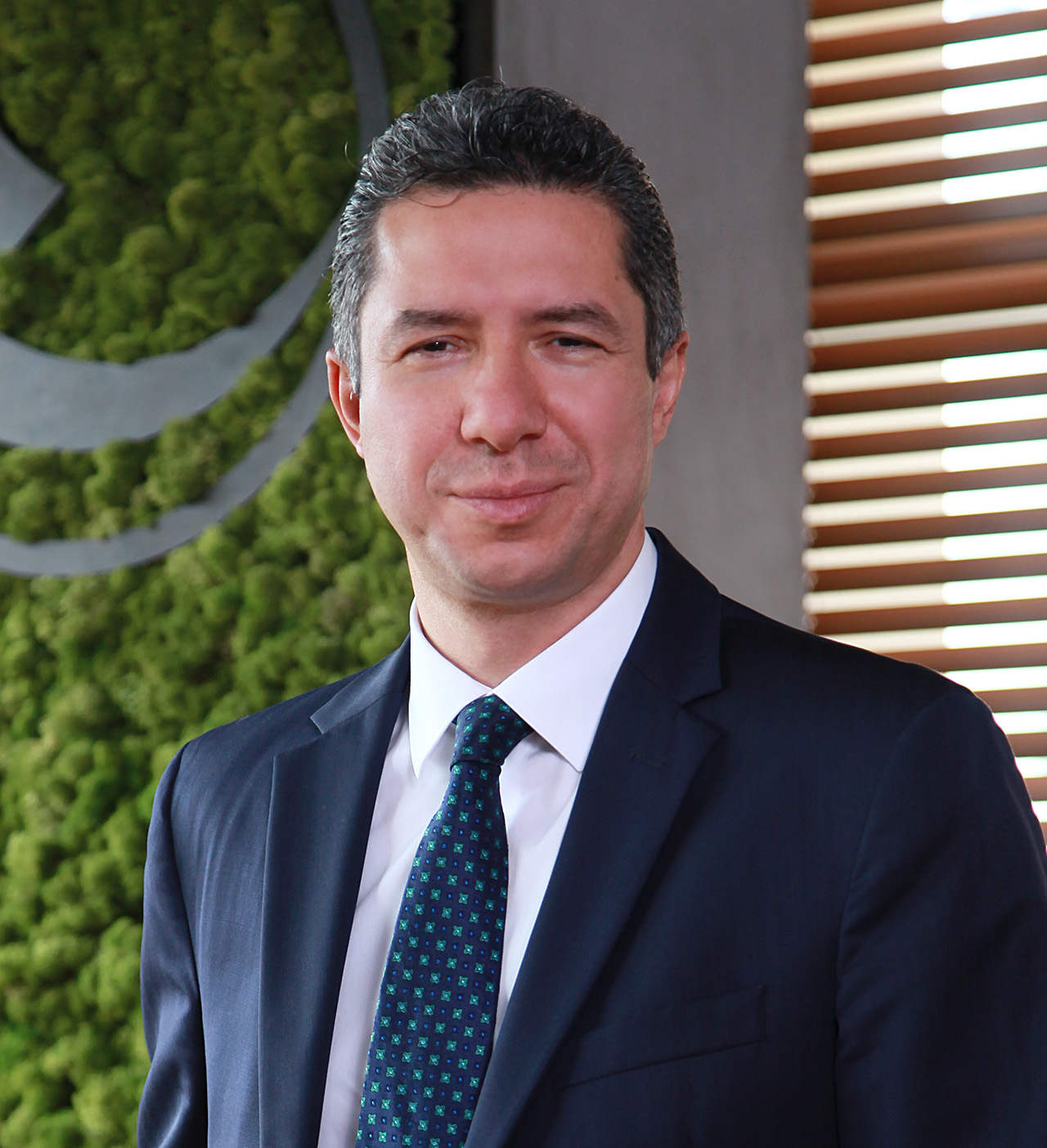
- Fikret Sebilcioğlu CFE, CPA, TRACE Anti-Bribery Specialist
- Managing Partner
- E-mail to Fikret
Everybody knows about Pink Floyd’s album called Dark Side of the Moon. The album tells about actions that damage the society, people’s dissatisfaction with life and the resulting insanity. The song “Money” in the album dwells on the illusion that wealth that comes with ambition and greed will make you have a better life. We will come back to the Dark Side of the Moon at the end of this article, now we shall move on to the dark side of the Panama Papers.
The Panama Papers hit the world with the truth behind the old and known problem of anonymous shell companies. It was hardly a secret that the majority of these companies with an anonymous owner were used out of their legal purposes. However, in practice due to the confidentiality cover that enables these companies to exist, nobody knew exactly or even could guess, for that matter, the size of this problem. The Panama Papers gave us the opportunity to do so.
“Financial Confidentiality” is usually requested by the wealthy for reasons that they want to avoid being in the focus of the media or that they worry that their safety can be compromised. From this perspective, confidentiality seems to be understandable. Nevertheless, the Panama Papers reveal that many illegal practices (including tax evasion, corruption, money laundering, etc.) come into play in this non-transparent and unaccountable darkness enabled by confidentiality. In other words, with the Panama Papers, we get to see that anonymous shell companies have become a tool for corruption.
What is an Anonymous Shell Company?
The report on fraud issued by the Association of Certified Fraud Examiners defines anonymous shell companies as “Shell companies are business entities that typically have no physical presence (other than a mailing address), no employees, and generate little, if any, independent economic value. Shell companies are not necessarily illegal or legitimate, but for the purposes of this text we will assume that shell companies are formed for committing and concealing fraud”. For instance, an anonymous shell company may have been founded as a holding company that is a shareholder of other companies or legally and only for business purposes to be used in assets transfer between countries. However, in this report that evaluates the Panama Papers; anonymous shell companies will denote those companies that are founded to hide the financial transactions, wealth, and corruptions committed by their beneficial owners.
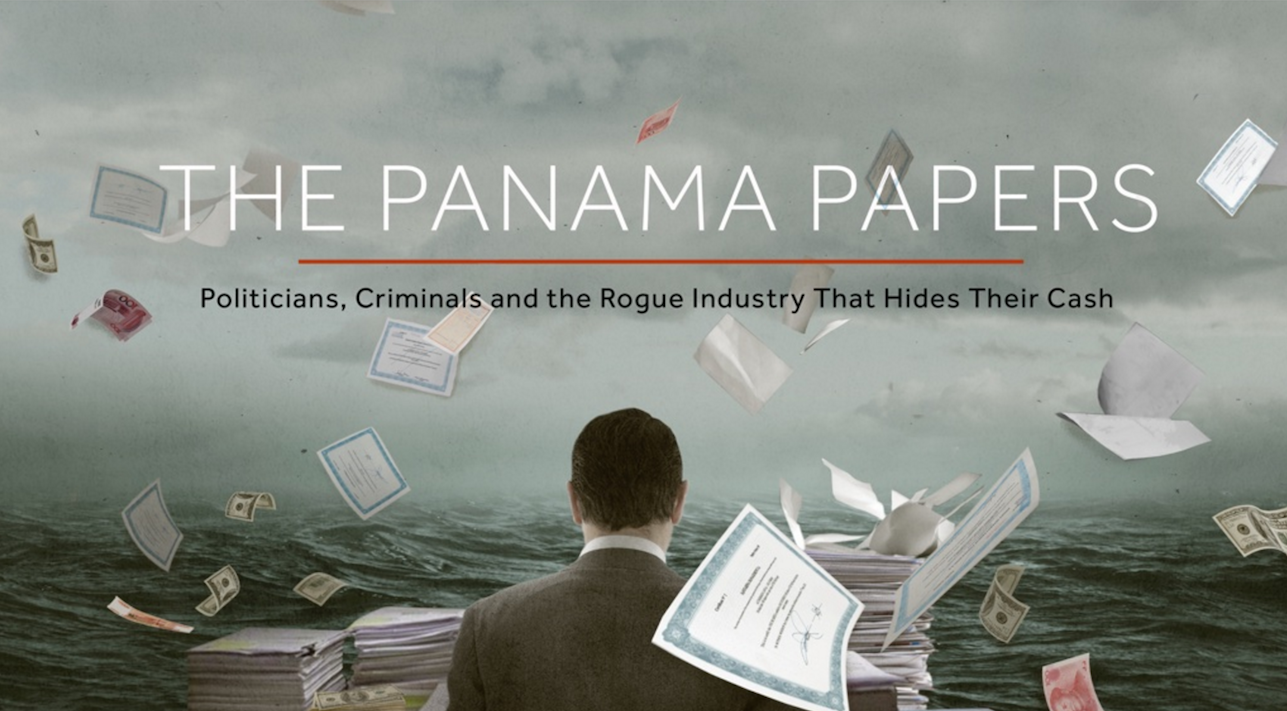 How is Confidentiality Constructed via Anonymous Shell Companies?
How is Confidentiality Constructed via Anonymous Shell Companies?
When talking about a problem in relation to anonymous shell companies, the keyword is “Confidentiality.” Financial confidentiality as set forth in the Panama Papers can be gained by establishing an anonymous shell company in a so-called tax haven (e.g. British Virgin Islands) or in a state or country that requires minimum information for building a company (e.g. Delaware or Nevada). These companies can be founded in a couple of hours and easily without mentioning the name of the beneficial owner (using the name of a trusted employee, friend, spouse, relative of the beneficial owner or an assigned representing manager) and so, the name of the company’s beneficial owner is not mentioned anywhere. On top of that, when another anonymous shell company is founded in a different location as the owner of the already-established anonymous shell company and even, the partner of this second anonymous shell company is designated to be another anonymous shell company established in a different location than the previous ones, the confidentiality aimed by the beneficial owner is obtained through this layered structure. At this point, it becomes quite difficult for lawmakers or auditors to figure out this structure.
The theoretical explanation above is embodied in the Panama Papers by Putin’s close circle covering approximately 2 billion US Dollars.
A Good Example for Structuring Confidentiality Cover: Putin and His Close Circle
The Panama Papers state that the close circle of Vladimir Putin, President of Russia navigated a high amount of money using anonymous shell companies in a very intricately complex way in the entire world. Below is a striking example on the subject:
On February 10, 2011, an anonymous shell company named Sandalwood Continental Ltd. (Sandalwood) with an unknown owner and founded in British Virgin Islands extends a loan of USD 200m to another anonymous shell company named Horwich Trading Ltd. founded in Cyprus. On the next day February 11, 2011, Sandalwood transfers its rights regarding this loan to another anonymous shell company named Ove Financial Corp. (Ove) founded in British Virgin Islands. Ove pays Sandalwood USD 1 for the loan receivable transfer. The journey of money on paper is not over!
On the very same day that is February 11, 2011, Ove transfers all its receivable rights of the same loan to another anonymous shell company named International Media Overseas (Media) founded in Panama. Media also pays Ove USD 1 for this transfer.
In short, in 24 hours this loan (along with other transactions not mentioned here) moves around three continents, two banks and four anonymous shell companies on paper and therefore, becomes untraceable.
The Panama Papers indicate that Sandalwood has been established by the main shareholder and president of Bank Rossiya in St. Petersburg that is known to be the safe of Putin and the money is put into the confidential world by this particular financial institution.
Media that holds the right to interest on the loan of USD 200m is controlled, on paper, by the cellist Sergey Roldugin, one of old friends of and his daughter Maria’s godfather.
The loan of USD 200m is only a part of the transactions of minimum USD 2 billion that involve Putin’s inner circle and a firm named Mossack Fonseca.
A confidential document states that some of the money mentioned above has been provided by VTB Bank founded in Cyprus and used to be controlled by the state of Russia.
Power of Whistleblowing and Investigative Journalism
As known, the Panama Papers were leaked by a whistleblower that used the pseudonym “John Doe” to the newspaper Süddeutsche Zeitung; then, the news was told to the International Consortium of Investigative Journalists (ICIJ) and the papers were investigated by over 100 media organizations worldwide. Considering 11,5 million papers were leaked, we see that this investigation is massive. It is a huge journalism success to investigate papers one by one, to filter them, to track anonymous shell companies with several layers, to identify all the involved parties, to find out the confidential beneficial owners of the companies, to process the findings in specific databases, to prepare them in a way to enable assessment, and to present them to us.
The leaking of the Panama Papers shows us once more the importance of whistleblowing as the most effective way of identifying frauds. In 2,410 cases that were investigated as per the ACFE 2016 Global Fraud Study, 40% of the frauds were detected by whistleblowing. The second most effective method after whistleblowing was internal audit by 16.5%, which highlights the critical significance of whistleblowing.
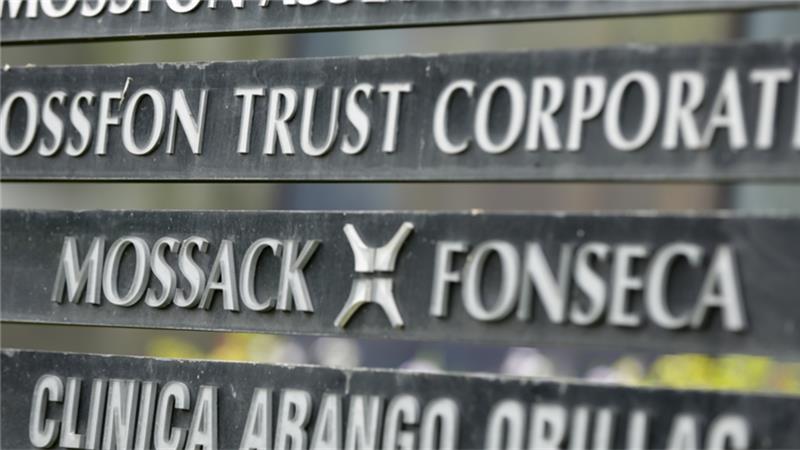 Figures Show Anonymous Shell Company System Normalized and Institutionalized
Figures Show Anonymous Shell Company System Normalized and Institutionalized
The Panama Papers disclose that in transactions involving Mossack Fonseca approximately 214,000 anonymous shell companies have been established and people who hide their wealth via these companies include many individuals from different professions such as 140 politicians and public officers, their family and friends, art gallery owners, criminal organization leaders and footballers.
These striking figures indicate that the anonymous shell company system has become a normal way of business and institutionalized. Considering that the figures stated in the Panama Papers are only about the transactions involving Mossack Fonseca and there are hundreds of thousands of anonymous shell companies around the world including the tax havens, it will not be misleading to think that the revealed papers are just the tip of the iceberg.
Although the beneficial owners of anonymous shell companies may be individuals from different professions and positions including presidents, their relatives and close circles, gallery owners, footballers, and leaders of criminal organizations, they all have the same purpose: Hiding away in the dark world of anonymous shell companies and covering their cash, assets and related financial transactions and avoid being brought to account.
Compliance Processes: Form vs Substance and Beginning of the Fall
Intermediary consulting firms like Mossack Fonseca (or law offices, banks, public accountant companies, etc.) that give service to their customers in operations such as establishing an anonymous shell company and opening a bank account for it are obliged by domestic laws and international agreements to perform due diligence on the beneficial owners of such companies to identify if they have been involved in money laundering, tax evasion, corruption or any other unlawful conduct. A detailed investigation has to be performed to find out any possible corruptions, especially if the apparent or confidential beneficial owner of the anonymous shell company is a politically exposed person including a public officer or his family and close circle. This shows us that keeping the name of the beneficial owner confidential is not left entirely uncontrolled.
However, the Panama Papers indicate that Mossack Fonseca does not know about the identities of most of the beneficial owners behind the companies it founded. For instance, an internal audit performed in 2015 revealed that Mossack Fonseca knew the beneficial owners of only 204 out of 14.086 anonymous shell companied it founded in the Seychelles, which is known to be a tax haven in the Indian Ocean. In short, the compliance of Mossack Fonseca to the law has been compromised.
As mentioned above, the reason why anonymous shell companies exist is “confidentiality.” The layered structure built during and after the founding of the company fortifies this confidentiality. Therefore, while it is already hard to access to the identity of the beneficial owner of an anonymous shell company under normal circumstances, the intentional layered structure makes investigations almost impossible.
Moreover, the papers reveal that intermediary firms can cover certain suspicious transactions or manipulate official accounting records to protect themselves or their customers in some cases.
A striking point in the Panama Papers is the major role played by big companies in the establishment of anonymous shell companies without any known beneficial owner and founded in tax havens including the British Virgin Islands or Panama. The papers show that the banks including UBS and HSBC have founded approximately 15,600 anonymous shell companies.
Not Only Money but also Assets are Hidden
According to the Panama Papers, money circulated through anonymous shell companies may suddenly turn into an estate in the most luxurious district of a metropolis somewhere in the world. Laundering money by buying an estate is already a known method. It is also known that real estate prices have skyrocketed in certain regions due to this method of laundering.
To give an example, the Prime Minister of Pakistan Nawaz Sharif’s sons Hussain and Hasan Nawaz Sharif and his daughter Mariam Safdar founded at least four anonymous shell companies in British Virgin Islands and bought at least 6 luxurious estates overlooking Hyde Park in London. Two questions come to mind in this example: (i) If the money used for buying the properties was earned by the Sharif family through work, why is the money kept confidential? If not earned, what is the source of money? (ii) Why did Mossack Fonseca, which knew about this relation, continue with the process and not do legal business? (ii) How were the sellers of such property in London and any involving parties in England not curious about the identities of the buyers and why did they sell them to an anonymous shell company?
Last Words
The Panama Papers show us that the structure created with anonymous shell companies has turned into a dark structure that protects criminals and facilitates easy circulation of laundered money, that has developed in “parallel” to the apparent and legal financial system, and that is not exposed to any audit and transparency practice and is not brought to account. Those who make money on corruption cover their identities and proceed with their unlawful business and in countries that are ruled by a dictatorship and kleptocracy[1] politicians abuse the assets of their countries for their personal interests.
I think that the Panama Papers will create a significant urge to fight against anonymous shell companies. Legal cases have started to be opened already in several countries in the light of findings from the papers. Moreover, independent non-profit organizations including Transparency International and Global Witness are putting effort to have the beneficial owners of all anonymous shell companies established worldwide including the so-called tax havens registered officially and to disclose this information to public. Especially recently, the public of Britain has been discussing this in detail. The surveys performed show that the majority of the British public thinks that transparency practices regarding tax havens should be started immediately.
There is no need to rediscover the world. Wherever there is no transparency, there feeds and grows corruption. Therefore, it would be naive to expect a clean structure in an environment filled with anonymous shell companies that exist for confidentiality.
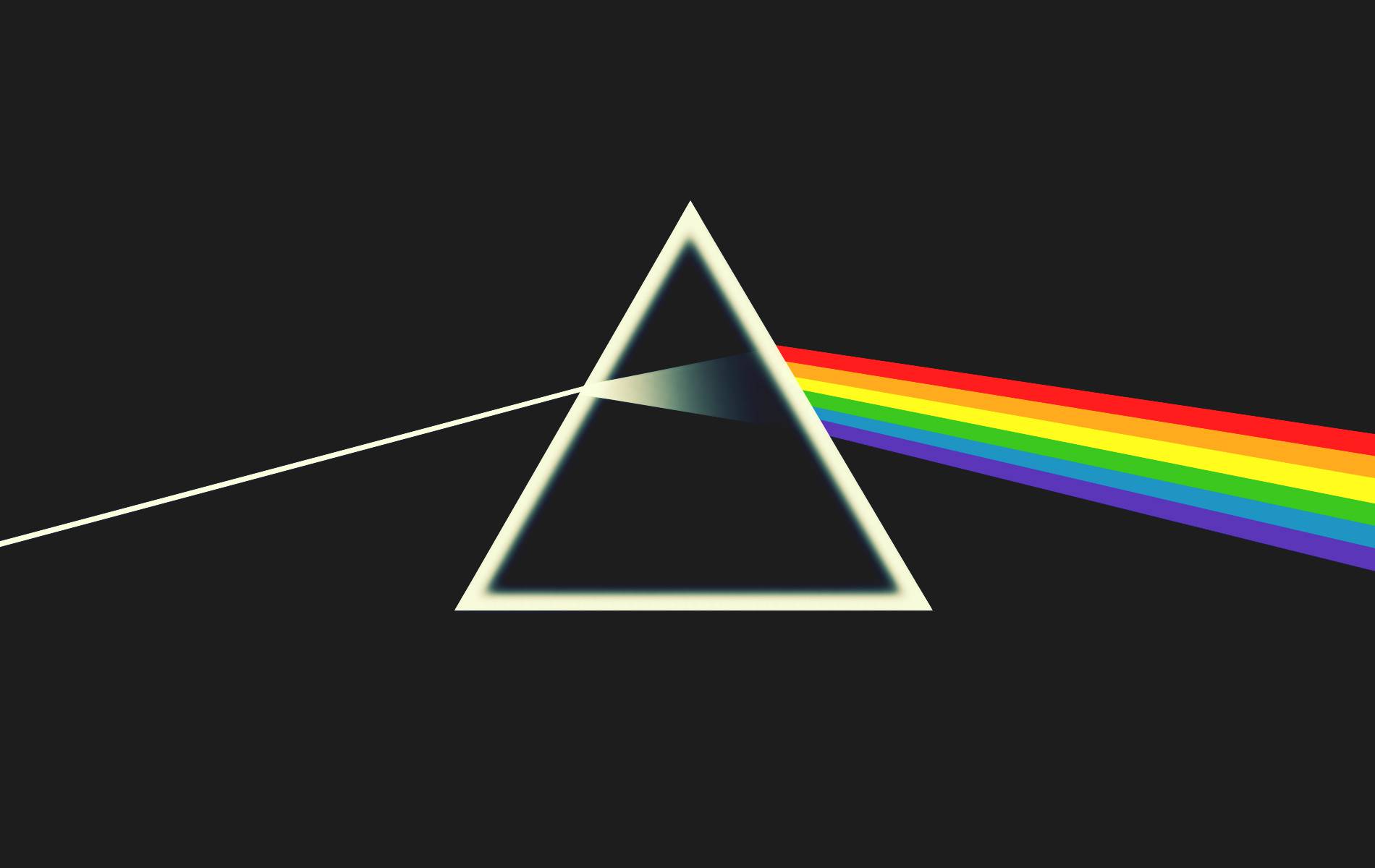 I think that the answer to “Where does the money of anonymous shell companies come from?” will be revealed in time thanks to the Panama Papers. The real critical point is how the money of anonymous shell companies is created just as how the bribe money is created. At this point, it will be necessary to go to the location where the money is created and I am certain that whistleblowers and investigational journalists in such locations will need to come into play. Surely if there are any whistleblowers and investigational journalists there!
I think that the answer to “Where does the money of anonymous shell companies come from?” will be revealed in time thanks to the Panama Papers. The real critical point is how the money of anonymous shell companies is created just as how the bribe money is created. At this point, it will be necessary to go to the location where the money is created and I am certain that whistleblowers and investigational journalists in such locations will need to come into play. Surely if there are any whistleblowers and investigational journalists there!
The last song of the album the Dark Side of the Moon, Eclipse ends with "There is no dark side of the moon really. Matter of fact it's all dark."
Do you think only the unseen side of anonymous shell companies is dark or it is all dark entirely?
Fikret Sebilcioğlu, CPA, CFE
[1] Wikipedia Free Encyclopedia: Kleptocracy is defined as a family or a political or religious group that has obtained the rule of a country robbing the sources of that country systematically; regime of thieves.
